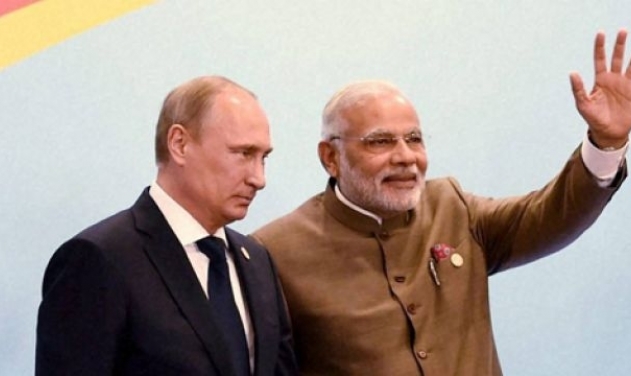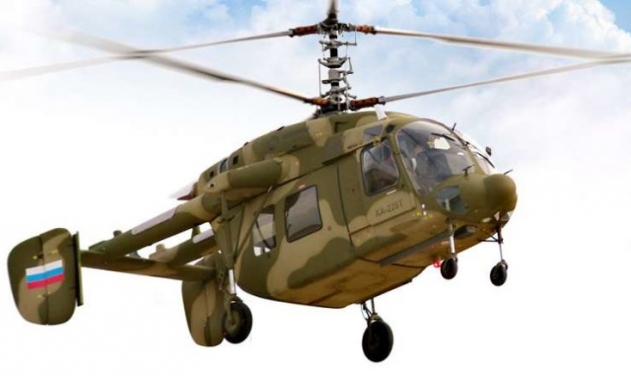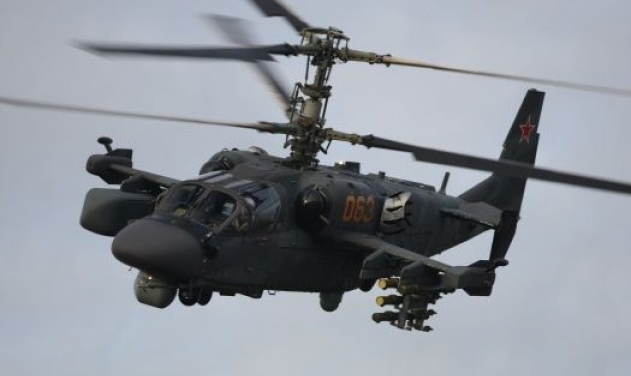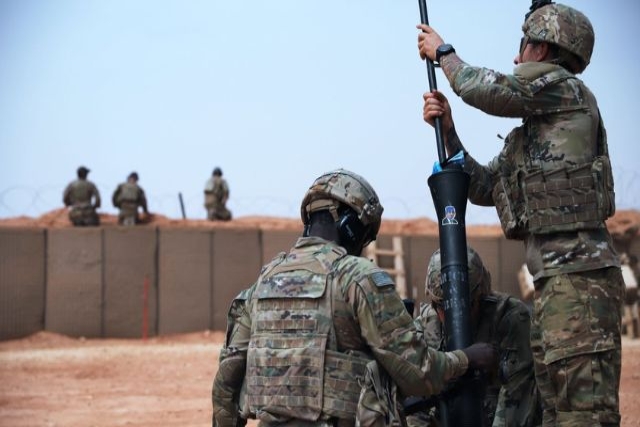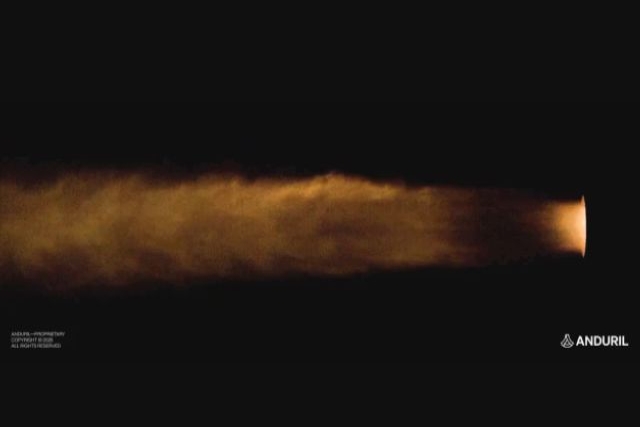Indian Army Eyes Replacement Of Cheetah, Chetak Fleet With Dhruv Choppers
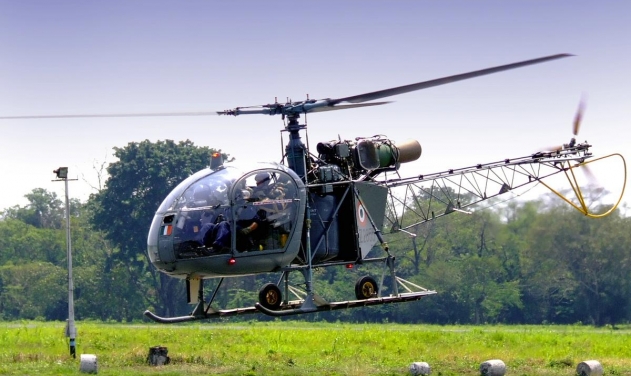
The Indian Army plans to replace early variants of Cheetahs and Chetak light-utility helicopters with the home-grown advanced light helicopters (ALH) after string of crashes raise safety concerns.
The army’s aviation wing would replace 41 Cheetahs and Chetaks with new helicopters from the “ALH reserve stock” and the proposal would be sent for Cabinet committee on security approval soon, Hindustan Times quoted an unnamed defense ministry source as saying last Sunday.
The army and air force grounded their fleets of 280 light-utility helicopters last December, concerned if the machines were fit to fly, after three aviators were killed in a crash in West Bengal.
The Cheetah and Chetak helicopters, lifeline of troops in high-altitude areas, including the Siachen glacier, are being cleared for flying in batches by Hindustan Aeronautics Limited (HAL) after carrying out a comprehensive safety check.
The Kamov-226T light utility choppers, to be built with Russia, are to replace these helicopters. However, the $1-billion programme is yet to kick off and the military may have to wait several years for the new machines. Russia will supply 60 helicopters in flyaway condition while the remaining 140 will be manufactured in India.
“The manufacturing line of the ALH is quite stable and the machines are coming out at a pretty steady rate. The Kamovs will take time to come,” a senior officer said. The army operates a mix of 150 Cheetahs and Chetaks.
The design of these helicopters is more than 50 years old and their airworthiness is being questioned after a string of mishaps. Nine personnel were killed in six accidents involving these machines during 2012-15. The Cheetahs play a crucial role in supporting the army on the Siachen glacier, one of the world’s highest battlefields, flying at more than 20,000 feet.
A group of army wives met defence minister Manohar Parrikar in 2015, demanding the helicopters be retired. HAL has licence-produced 625 Cheetah and Chetak helicopters. It no longer builds them but is responsible for their maintenance and repair, a cause for concern.
e Indin Army plans to replace early variants of Cheetahs and Chetak light-utility helicopters with the home-grown advanced light helicopters (ALH) after string of crashes raise safety concerns.
The army’s aviation wing would replace 41 Cheetahs and Chetaks with new helicopters from the “ALH reserve stock” and the proposal would be sent for Cabinet committee on security approval soon, Hindustan Times quoted an unnamed defense ministry source as saying last Sunday.
The army and air force grounded their fleets of 280 light-utility helicopters last December, concerned if the machines were fit to fly, after three aviators were killed in a crash in West Bengal.
The Cheetah and Chetak helicopters, lifeline of troops in high-altitude areas, including the Siachen glacier, are being cleared for flying in batches by Hindustan Aeronautics Limited (HAL) after carrying out a comprehensive safety check.
The Kamov-226T light utility choppers, to be built with Russia, are to replace these helicopters. However, the $1-billion programme is yet to kick off and the military may have to wait several years for the new machines. Russia will supply 60 helicopters in flyaway condition while the remaining 140 will be manufactured in India.
“The manufacturing line of the ALH is quite stable and the machines are coming out at a pretty steady rate. The Kamovs will take time to come,” a senior officer said. The army operates a mix of 150 Cheetahs and Chetaks.
The design of these helicopters is more than 50 years old and their airworthiness is being questioned after a string of mishaps. Nine personnel were killed in six accidents involving these machines during 2012-15. The Cheetahs play a crucial role in supporting the army on the Siachen glacier, one of the world’s highest battlefields, flying at more than 20,000 feet.
A group of army wives met defence minister Manohar Parrikar in 2015, demanding the helicopters be retired. HAL has licence-produced 625 Cheetah and Chetak helicopters. It no longer builds them but is responsible for their maintenance and repair, a cause for concern.
